
Young people use AI to increase work productivity
Artificial intelligence (AI) is not only changing the way people work, but is also starting to directly impact their income.
At many tech companies and service businesses, employee salaries and bonuses are being based on AI performance, the ability to use artificial intelligence tools to complete tasks faster, more accurately, and more creatively.
When AI "decides" the payroll
Since mid-2024, many international companies and technology startups have begun testing the "AI output salary" model - paying salaries based on work results created by AI.
Instead of measuring working time, the system analyzes the quantity and quality of output: the number of articles edited with AI support, sales thanks to AI content creation, or the number of customer calls handled faster thanks to chatbots...
The difference is that AI not only helps people work faster, but also becomes a measure of productivity and, accordingly, directly affects income.
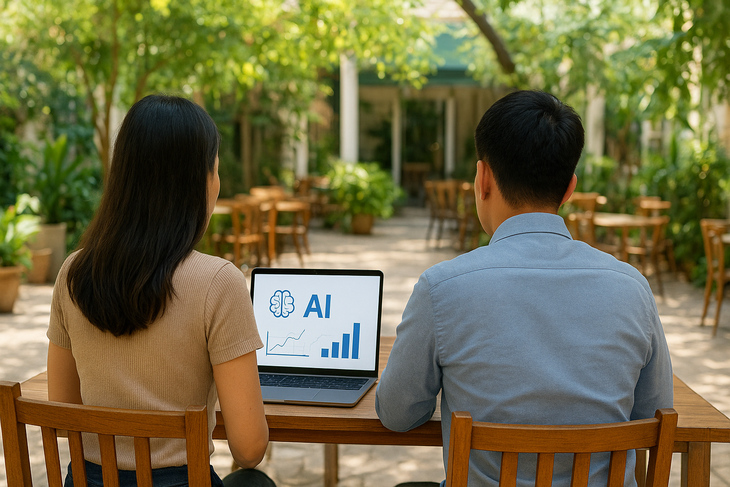
AI performance becomes a measure of employee compensation
Businesses say this new calculation is fairer, because salaries accurately reflect work performance.
With AI, an employee’s productivity can double or triple without overtime. When performance data is collected automatically, output-based pay becomes more feasible than ever.
In the context of rising human resource costs and fierce competition, this model is seen as a tool to optimize profits: those who do well get more, those who do less or cannot exploit AI get less.
Benefits and risks behind
“AI output pay” helps businesses reward the right people, encouraging innovation and technological skills. Workers who know how to take advantage of AI can earn an “AI wage premium” – a higher salary thanks to superior performance.
However, the downside of this model is not small. When AI systems monitor every operation, privacy is easily violated. If the algorithm uses biased data or makes incorrect assessments, workers can be disadvantaged without a feedback mechanism.
Chasing metrics also causes some people to choose to "optimize scores" instead of creating real value, reducing the quality of work.
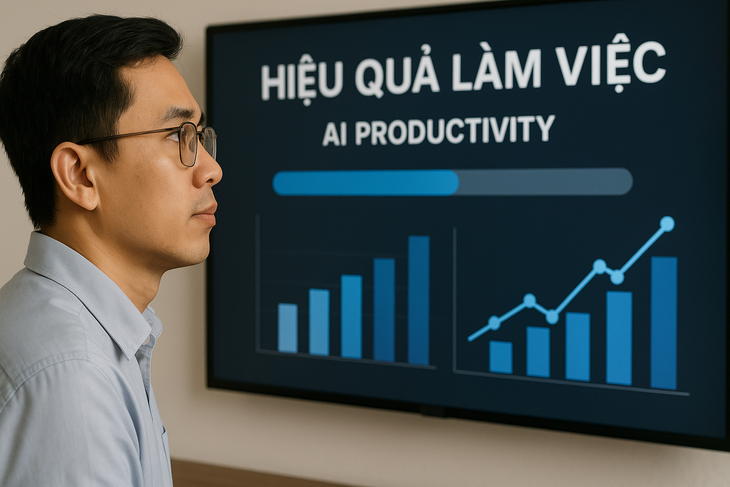
AI performance is the new way for businesses to measure human value
How can this model be made more equitable?
HR experts say businesses should only see AI as a support tool, not the final decision maker.
The system should be designed with a “human in the loop” approach: AI recommends, humans approve. At the same time, metrics should be transparent and balance quantity, quality, and innovation.
Data transparency, regular audits, and employee feedback reduce the risk of bias. In the long run, this also builds trust between humans and machines in the modern workplace.
“AI performance pay” may be the inevitable future as artificial intelligence becomes human colleagues. But without oversight, it could turn workers into tools to be priced by algorithms.
The question is not just "How much faster does AI help us work?", but "Is AI making human value measured by machines?"
As artificial intelligence becomes powerful enough to judge humans, retaining humanity in every compensation decision will perhaps be the biggest challenge of the digital age.
Source: https://tuoitre.vn/cong-ty-tra-luong-theo-hieu-qua-lam-viec-voi-ai-loi-hay-hai-20251029150850684.htm



![[Photo] Da Nang: Water gradually recedes, local authorities take advantage of the cleanup](https://vphoto.vietnam.vn/thumb/1200x675/vietnam/resource/IMAGE/2025/10/31/1761897188943_ndo_tr_2-jpg.webp)



![[Photo] Prime Minister Pham Minh Chinh attends the 5th National Press Awards Ceremony on preventing and combating corruption, waste and negativity](https://vphoto.vietnam.vn/thumb/1200x675/vietnam/resource/IMAGE/2025/10/31/1761881588160_dsc-8359-jpg.webp)


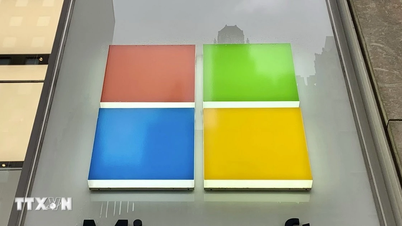













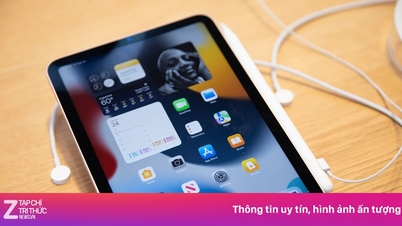
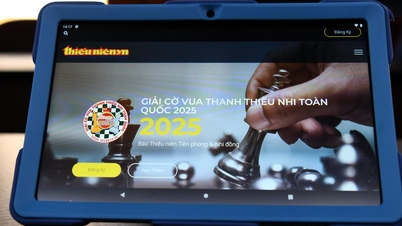






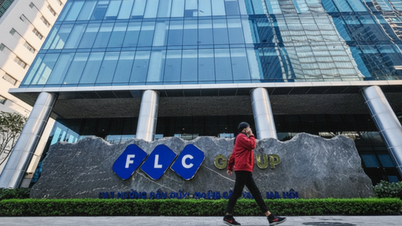
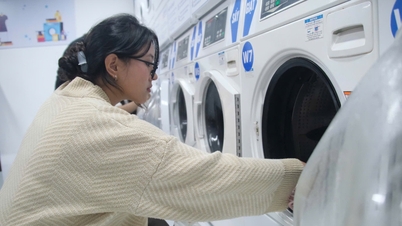














































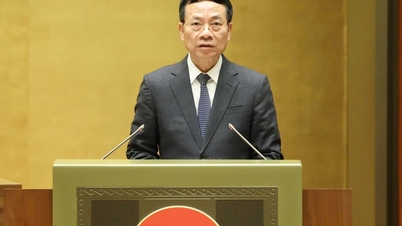

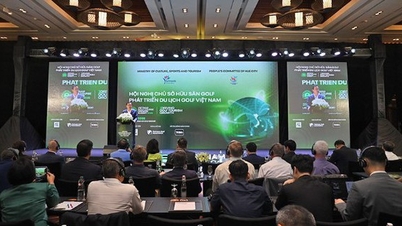


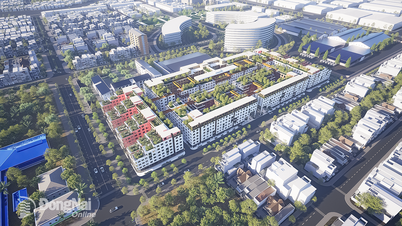




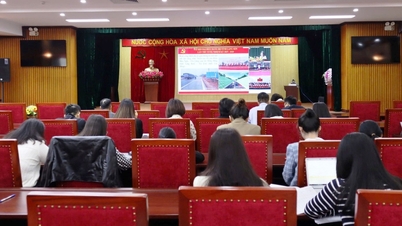
















Comment (0)